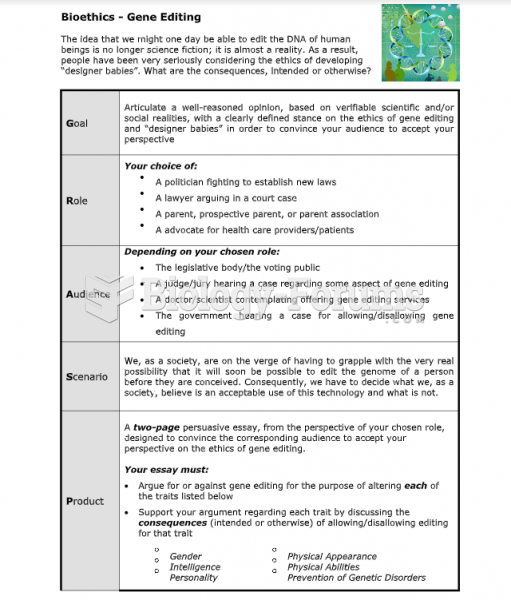|
|
|
Though methadone is often used to treat dependency on other opioids, the drug itself can be abused. Crushing or snorting methadone can achieve the opiate "rush" desired by addicts. Improper use such as these can lead to a dangerous dependency on methadone. This drug now accounts for nearly one-third of opioid-related deaths.
More than 34,000 trademarked medication names and more than 10,000 generic medication names are in use in the United States.
About 100 new prescription or over-the-counter drugs come into the U.S. market every year.
Illicit drug use costs the United States approximately $181 billion every year.
To combat osteoporosis, changes in lifestyle and diet are recommended. At-risk patients should include 1,200 to 1,500 mg of calcium daily either via dietary means or with supplements.







